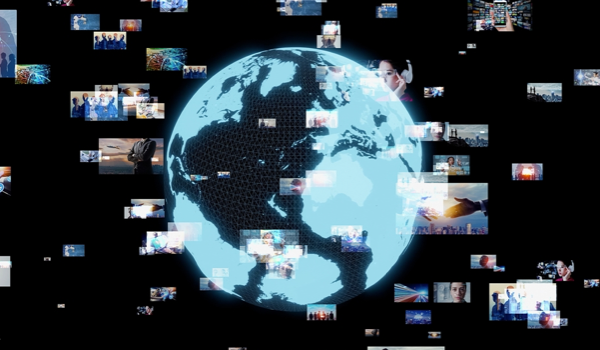


LONDON - As 2022 draws to a close, it is important to take stock and set priorities for the year to come. This has been an intense year at the intersection between technology and the law. Around the world, there has been a proliferation of initiatives, among which there are some common threads which I would like to summarize here. I will then make some predictions for 2023 and some suggestions as to what policy makers, researchers, politicians, and advocates should be focusing on to ensure that the world makes the most of the policy window that it has available: namely, a few years to regulate and govern the relationship between humanity and the technology that it is producing.
2022: The year of privacy
People live in digital societies that produce massive quantities of data. According to some estimates, by 2025 the amount of data produced every day will be enough to fill 200 million DVDs. All this data is important, since it does things like help people better understand the environmental crisis, and also how to cope with it. Genomics data helps people understand the origin of diseases like cancer, diabetes, and Alzheimer’s, and to come up with ways of trying to treat them. All of these are challenges that must be overcome.
However, data also represent personal and sensitive information about individuals, patterns of behavior, and other clusters people can all be put into for advertising purposes. The misuse of personal data can lead to great harm, and, in this day and age, this harm is potentially unlimited - and includes suffering the loss of autonomy, dignity, and political choice. As algorithms increasingly operate as gateways to society, as well as allocators of money and opportunities, safeguarding privacy has also involved a tighter link to equality and fairness. On top of this, new technologies and their extractivist potential also impact
The content herein is subject to copyright by The Yuan. All rights reserved. The content of the services is owned or licensed to The Yuan. Such content from The Yuan may be shared and reprinted but must clearly identify The Yuan as its original source. Content from a third-party copyright holder identified in the copyright notice contained in such third party’s content appearing in The Yuan must likewise be clearly labeled as such. Continue with Linkedin
Continue with Linkedin
 Continue with Google
Continue with Google









 1236 views
1236 views








